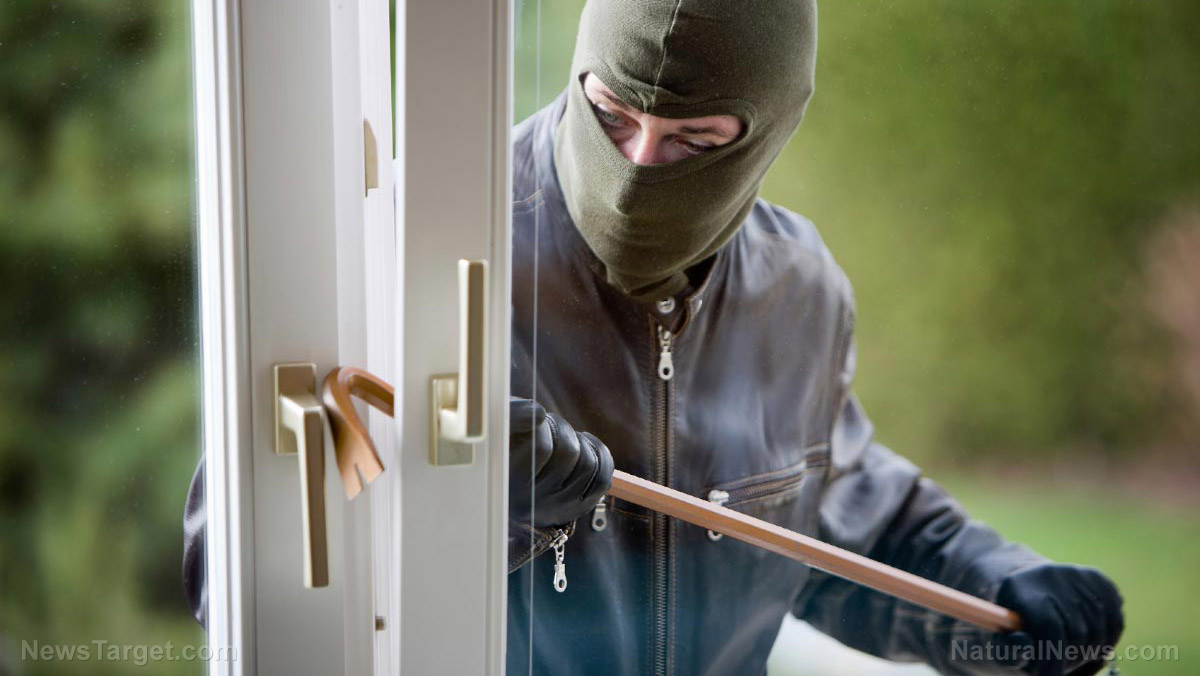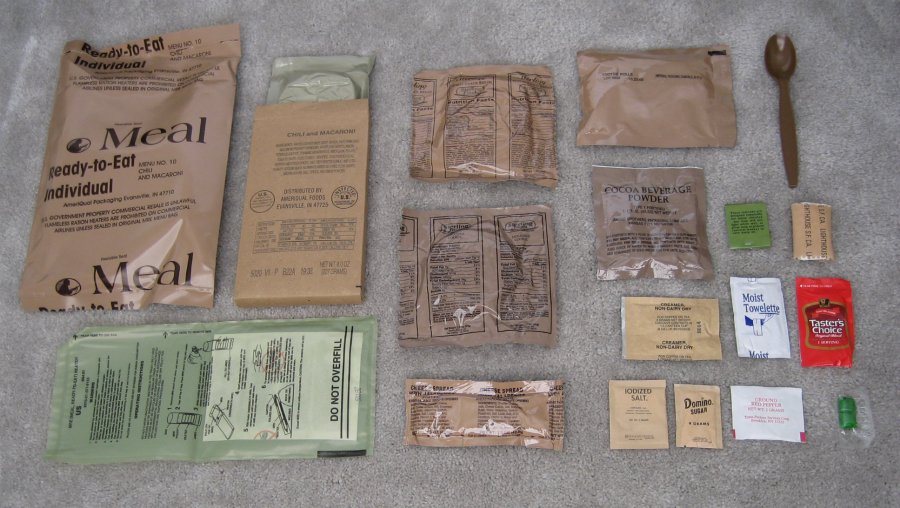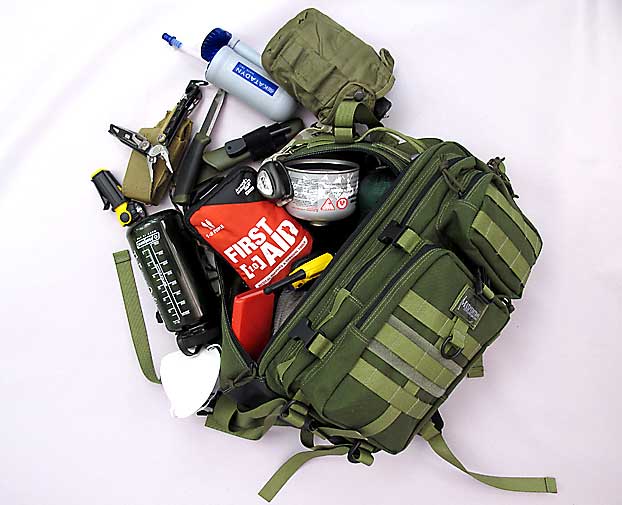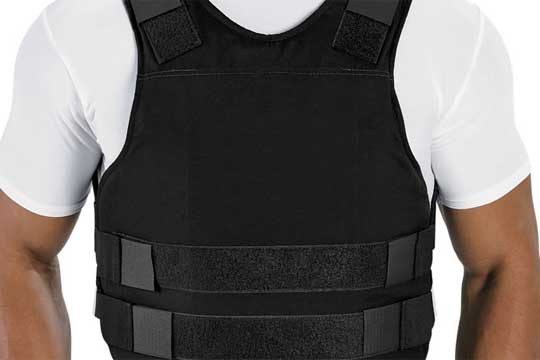Prepping basics: A 10-item checklist for beginner preppers
05/03/2021 / By Zoey Sky
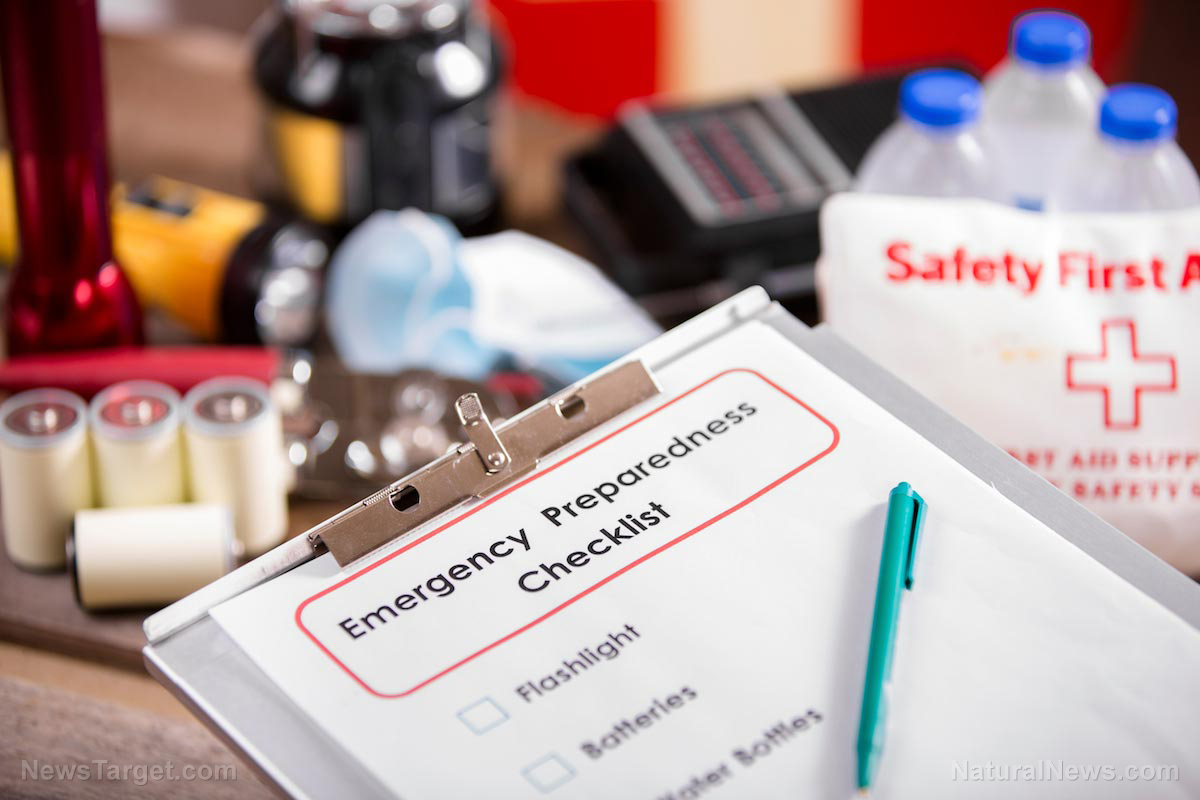
The prepping lifestyle is often intimidating for non-preppers because it feels like there are so many things to do before you can be ready for any disaster. But at its core, prepping is all about being consistent and taking small steps to ensure that your family is safe when disaster strikes.
If you want to become a prepper, start by checking off items in the checklist below. (h/t to TheOrganicPrepper.com)
Several of these items require some planning ahead, but others are free. With some time management and self-discipline, you can even check off everything on this list within a week or so.
Review your finances
Prepping involves skills, supplies, gear and a budget. You read that right, even preppers are financially responsible.
Following a budget is crucial, especially if you’re a beginner, since you need to allocate funds for your bills and preps.
If you’re strapped for cash, follow the tips below to save some money for your preps:
- Bring lunch and coffee to work instead of buying food every day.
- Quit habits like smoking and drinking alcohol.
- Have a yard sale and sell anything you don’t use anymore.
- Don’t waste money on expensive branded clothes. Look for weather-appropriate quality clothing instead.
- Don’t pay full price for clothing. Buy clothes at outlets and factory stores or thrift shops.
- Use coupons and buy in bulk.
Inventory your food supply and start building your survival stockpile
Check your fridge and pantry before heading out to buy food for your survival stockpile. You may already have more food on hand than you think you do.
Sort things in piles and take note of expiration dates. Use the “first in, first out” method to rotate things in your stockpile and prevent spoilage.
Once you know what items are on hand, make a list of things you need to buy more of. Start by stocking up on a week’s worth of food and buy extra canned fruits and vegetables if you can afford to do so. In time, you’ll have enough non-perishable food for several weeks or even months.
Here’s a sample list of food supplies that you can stock up on before SHTF:
- Beans
- Butter
- Canned fruits
- Canned meat, poultry and seafood
- Canned vegetables
- Coffee and tea
- Dehydrated fruit
- Dehydrated meat
- Flour and baking ingredients
- Herbs and spices
- Honey
- Jams and jellies
- Oats and oatmeal
- Pasta and noodles
- Rice
- Salt
- Vitamins
Stock up on water
You’ll need a lot of water for each family member when SHTF since you’ll require water for drinking, cooking, cleaning and other tasks.
If you need containers, buy five-gallon jugs. Fill these jugs and stock up on enough water for the whole family and pets, if you have any.
Prepare for a power outage
Disasters like hurricanes or ice storms can cause power outages, which is one thing most preppers are always getting ready for in advance.
Once you’ve started building your stockpile, make sure your family is ready for a power outage with the following preps:
- Non-perishable food that doesn’t require cooking
- A cooking method that doesn’t require electricity
- A way to prolong the shelf life of food in your fridge and freezer
- A way to stay warm or cool, depending on the weather
- Light sources like candles, flashlights and solar garden stakes.
- Books, board games and other activities to entertain the whole family
Use greywater to flush the toilet when SHTF
Your water supply might eventually run out during a long-term SHTF scenario, so be frugal with water. Have a separate container for greywater so you can flush the toilet after a disaster shuts down municipal water supplies.
If you don’t have enough greywater for flushing, turn the toilet into a kitty litter toilet for humans. Drain water from the bowl, then line it with a very heavy contractor’s garbage bag. Add several scoops of kitty litter to the bottom of the toilet.
When someone uses the bathroom, add a new scoop of litter on top of their waste. Check the bag regularly, so it’s not too heavy to carry without ripping. Seal the full bags properly and store them outside until service resumes.
Other options include portapotties and bucket toilets.
Learn how to use self-defense weapons and be ready to fight when SHTF
When disaster strikes, people will become desperate. Before this happens, choose a weapon and learn how to use it so you can protect yourself and your family from looters who may try to hurt you when SHTF.
Once you choose a weapon, practice regularly to avoid any accidents if you need to use it.
Run drills regularly
Emergency drills are just as important as your survival stockpile.
Getting the whole family involved in your prepping ensures that everyone knows what to do and where to go when SHTF. When everyone is free, discuss your emergency preparedness plans for common scenarios like earthquakes, fires, or power outages.
Run some drills regularly, especially if you have plans to bug out when disaster strikes. Take notes during these drills, and ask everyone for input so you can update any aspect of your plan that needs improvements. (Related: A crash course in prepping: 10 Beginner tips for preppers.)
Prep bug-out bags for an evacuation
If SHTF and you need to evacuate, you’ll need bug-out bags (BOBs) for the whole family.
Prepare BOBs before disaster strikes, so you have supplies you’ll need to reach your bug-out location safely. Organize your bags and include supplies like food, water, extra clothing and items you can use to build a shelter and start a fire.
Store the bags near your bug-out vehicle, so everyone can get ready if you have to leave in a hurry.
Read prepping articles online
If you’re stuck at home because of the coronavirus (COVID-19) pandemic, read prepping articles online to brush up on your skills or learn new ones.
Here are some important skills that will help you survive and protect your loved ones when SHTF:
- Canning and preserving food
- Firecraft
- First aid
- Foraging
- Home gardening
- Hunting and fishing
- Locating, collecting and purifying water
- Navigation
- Raising livestock
- Sanitation and hygiene
Build a library of prepping and survival resources
You’ll need reference books about various topics so you can learn how to be a self-sufficient prepper. Get books on topics that interest you and find resources that will help you learn the skills detailed in the item above.
If you’re feeling overwhelmed after seeing all the items in this checklist, start with tasks that are free, like reading prepping articles online. Borrow library books on skills and topics that interest you and spend your free time learning more about prepping and survival.
When you’re free, sit down and draft a budget to save money for your prepping supplies. Tackle one task at a time and follow your budget so you don’t overspend on supplies.
Don’t wait until it’s too late to start prepping. Prep bug-out bags, stock up on supplies whenever you can and teach your whole family about the importance of preparedness and self-sufficiency.
Sources include:
Tagged Under: bug out, clean water, emergency food, food stockpile, Gear, preparedness, prepper, prepping, prepping tips, survival, survival food, survival gear, Survival Tips, survivalist, tips
Get independent news alerts on natural cures, food lab tests, cannabis medicine, science, robotics, drones, privacy and more from NewsTarget.com
Get independent news alerts on natural cures, food lab tests, cannabis medicine, science, robotics, drones, privacy and more from NewsTarget.com
RECENT NEWS & ARTICLES
COPYRIGHT © 2017 · SURVIVAL NEWS



